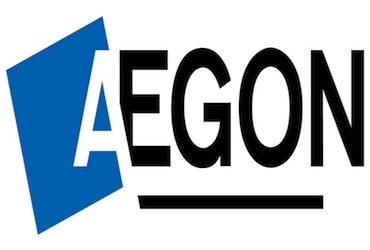Aegon has described the RDR as an “opportunity for the industry to do the right thing” for consumers and the future health of the industry.
Despite the high level of change that is needed for advisers to be RDR-ready, Aegon believes the RDR is vital to address industry weaknesses.
Paul McMahon, Aegon UK group marketing director, said: “We must never lose sight of the original reason for the RDR - the critical need to address fundamental weaknesses in our industry model and establish a sounder foundation to address the levels of distrust, disengagement and under-provision prevalent among UK consumers.”
He said Aegon had already made significant changes to its business and, as a result, was well-placed to help advisers prepare for the changes.
The firm also revealed the RDR changes it has made to its adviser and consultancy charging structures.
The three new types of charges on offer will be an initial charge, an ongoing charge and an ad-hoc charge.
Initial charges are a monetary amount taken from the fund or a percentage of the contribution and ad-hoc charges will be monetary amounts only.
Ongoing charges are split into adviser charges and consultancy charges dependent on whether the charge is for an individual or corporate pension.
Both of these charges will be a percentage of the fund value, a monetary amount or a percentage of regular contributions.
Mr McMahon said he understood different advisers would look for different structures but the key for any structure was to avoid unnecessary complexity.
• Want to receive a free weekly summary of the best news stories from our website? Just go to home page and submit your name and emailaddress. If you are already logged in you will need to log out to see the e-newsletter sign up. You can then log in again.
